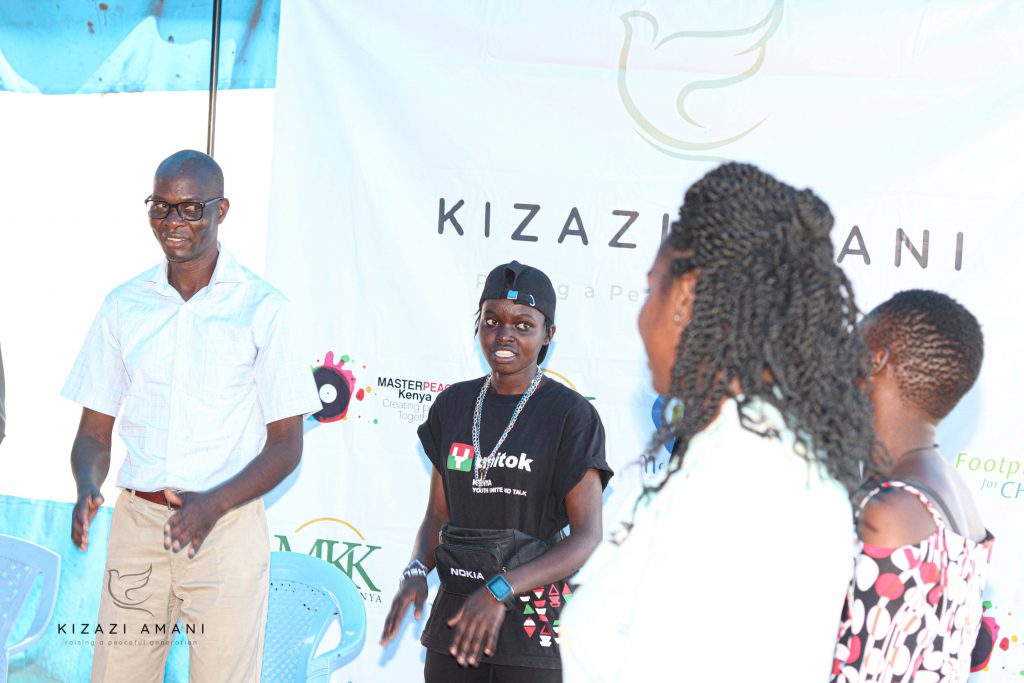
In a country like Kenya, where ethnic diversity and social inequalities often lead to conflicts and violence, it is crucial to equip the young generation with the skills and attitudes that can help them cope with everyday challenges and foster peace and harmony in their communities. That is why we launched the Life skills for Peace project in January 2023, with the aim of developing the knowledge and capacity of about 300 school going learners from different ethnicities and regions in Kenya to become resilient in dealing with everyday challenges and become champions within their schools over a period of 8-months in Kajiado, Kisumu and Nairobi.
The project is based on the premise that life skills are essential for personal development, social integration and peaceful coexistence. Life skills are defined by the World Health Organization as“abilities for adaptive and positive behavior that enable individuals to deal effectively with the demandsand challenges of everyday life”. They include cognitive skills (such as critical thinking, problem solving,decision making), interpersonal skills (such as communication, empathy, negotiation) and intrapersonalskills (such as self-awareness, self-management, coping with stress).
The project adopts a participatory and learner-centered approach that involves various stakeholderssuch as teachers, parents, community leaders and local authorities. The main activities of the projectinclude:
– Conducting baseline assessments to identify the needs and gaps of the target learners in terms of life skills.
– Developing a life skills curriculum that covers topics such as Lead Self, socialships, Active listening, celebrating diversity, ethical responsibility, mental health and wellbeing, conflict transformation and non-violence, and Technology.
– Training volunteers on how to facilitate life skills sessions using interactive methods such as games,role plays, debates and group discussions.
– Implementing life skills sessions in selected schools twice a month for one hour each session.
– Organizing inter-school events where learners can showcase their learning outcomes through presentations, exhibitions or performances.
– Evaluating the impact of the project on learners' knowledge, attitudes and behaviours related to life skills.
The expected outcomes of the project are: – Improved self-confidence, self-esteem and resilience among learners, Enhanced communication, collaboration and conflict management skills among learners, Strengthened leadership abilities among learners who can act as role models or peer educators within their schools or communities, Reduced incidences of violence or bullying within schools or communities.
We believe that by investing in life skills education for young learners in Kenya, we are not only improving their academic performance but also preparing them for their future roles as responsible citizens who can contribute positively to the development of their country. We hope that our project will inspire other organizations or individuals who share our vision of creating a more peaceful and harmonious society through life skills education. This project is implemented in partnership with Kenya Unites, Miss Koch Kenya, Naweza254 and Footprints for Change.
If you want to learn more about our project or support our cause, please visit the website www.masterpeacekenya.org or contact us at hello@masterpeacekenya.org. Thank you!
